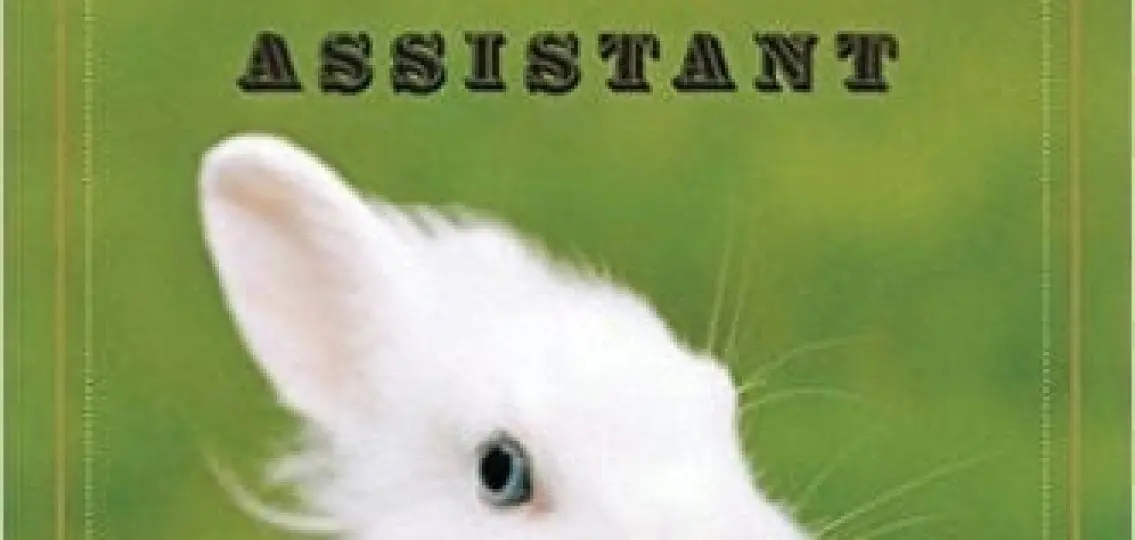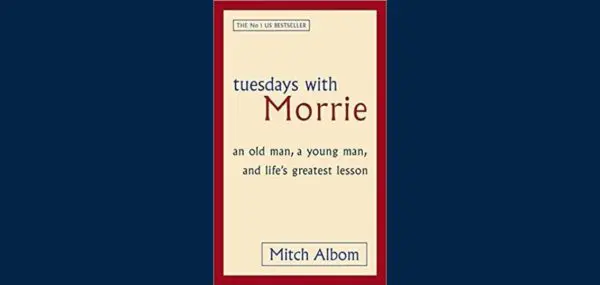TEEN REVIEW | by Julia Ward
“Parsifal is dead,” begins The Magician’s Assistant. “That is the end of the story.” Parsifal, a character that drives the story is someone we will never meet. Sabine’s entire adult life has been defined by her relationship to him. She was his magic assistant and his wife. Throughout the novel Sabine must figure out what she is going to do now that he is gone, a process made even more challenging after finding out that he had a life and a family that she never knew about.
This book is magical in that it is both relatable and fantastical at the same time. I found myself understanding Sabine’s tendency to find solitude at her low points, and her dreams seemed more real than her waking moments.
Many times in my life I have wondered: what do you do after the person you love most in this world has died? Do you go home? Do you go to your parents? How does one cope with that loss? My favorite scene in this book is when Sabine goes home from the hospital after her husband has just passed. It made me think about how people deal with the change of losing someone they love. Do you start planning, or do you think of the person you have just lost? How do you glue your life back together?
Reading this book has also made me think more about storytelling. The thing that makes a book truly great is when you feel as though it was written for you. I like it when you feel as though you have overcome the characters’ challenges along with them.
This book also showed me how writers use different techniques to change the tone of the book. For example, the author uses the past tense in the day and the present tense during dream scenes. There are no chapters, but instead there are three acts, like in a play.
Ann Patchett not only created strong characters, but also strong relationships between the characters, so that their personalities complemented and bounced off each other in a wonderful way. This book shows that the real magic in life is not a trick—it is in the people and relationships that make us who we are.
Julia Ward is currently homeschooling, which allows her to spend time reading good books, drawing, and painting.
PARENT REVIEW | by Lesley Ward
Sabine’s husband Parsifal was always a mysterious man with unusual talents: a magician, a seller of exotic carpets, a gay man with a millionaire boyfriend. And now he has died, suddenly. Sabine is not at all prepared to learn just how much her best friend and partner had hidden his past. As she goes through his belongings, she begins to find remnants that hint at the boy he once was and the family he left behind.
Just a few pages into The Magician’s Assistant, I was reminded of my 13-year-old daughter, Julia. I thought she might identify with Sabine, who immerses herself in making miniature architectural models, creating a sense of order and control when her life is plunged into quiet chaos. She uses her artistic abilities and focus to help her deal with her difficulties, shrinking her world down to a manageable scale and making it beautiful.
This is a contemporary story that takes us from glamorous Hollywood mansions and magic clubs to old cemeteries, the emergency room, and rural Nebraska. Patchett uses subtle classical references—such as the names Sabine, Parsifal, and Phan—to lend the proceedings a mythical and mystical quality. Sabine’s experience of life is shrouded in a haze, even as suspense builds around events that occurred long ago.
A good novel can take moments from the past and present, tie them together with themes and images, and help us see the patterns inherent in the stories of our lives. This is how reading helps us become more emotionally intelligent, empathetic people. Learning about Parsifal’s childhood allows Sabine to imagine her own life in a new context.
It is refreshing to meet a heroine whose strength is embodied by her patience and grace. Sabine meets loss with courage and open-mindedness. She finds herself in a state of confusion and follows a winding path out of it, even though each step challenges everything she thinks and feels.
One message, which I think might resonate especially with teens, is that there are people out there who are already connected to us, destined to enter our lives at the most opportune moment. Meeting them is the magic we get to look forward to in life. All this time, Sabine had another family. She just didn’t know it yet. When her husband “disappears,” a whole circle of people who knew him and loved him, and who are ready to love her, is revealed.
Lesley Ward is a health coach, vegetarian chef, writer, and mother of four daughters.




